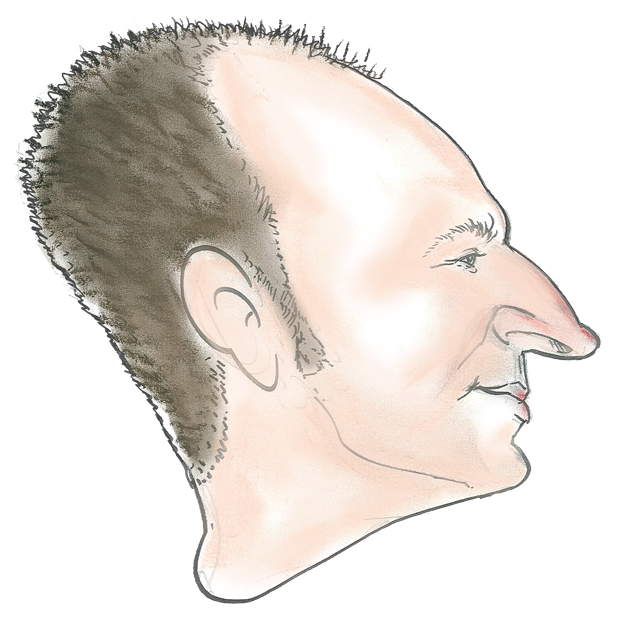If you have to ask, you don’t understand politics. It has always been about memes /slogans/ sound bites.
Nate Silver is a prime example of this thing that happens a lot with technical people. They get good at describing what is and then they start to think they understand “why”. Sometimes a good understanding can lead you to the why of a situation, but often you need actual experts to analyze the data you’ve collected.
The whole thing about the way his methods work is based on not actually understanding the interactions of the inputs he’s selected.
His book was interesting, but I wouldn’t trust his analysis too much.
Idk, I think his analysis is generally pretty measured, and I find myself appreciating his takes even when I don’t agree with them. In this post, the point he makes is that memes are fleeting, and so a campaign has to keep coming up with viral memes if they want to rely on them for the long haul. That’s easier said than done.The other point he makes is that the “long haul” in this case is not particularly long, and so it would be much easier for Harris to meme her way to victory in this race.
I think that what he’s missing is that memes and sound bites, which are more ephemeral, can be turned into slogans and themes that have staying power. “Weird” is a good candidate because it’s short and simple, and it applies to not just one point-in-time event, but the entire GOP platform, and them as people.
right, but will it sound corny when they’re still saying it in October? How does it sound to a swing voter? The power of these memes and slogans seems to be in energizing the base, which is important but you need more than the base to win.
How does it sound to a swing voter?
Wtf is a swing voter? Tea party eliminated most of the moderates many many years ago, and Trump’s campaign executed the rest.
Swing voters are an outdated concept that mostly don’t exist anymore due to how polarized the party platforms are now. People are mostly aligned with a given party, but whether they take the time to bother to vote is the question. What determines races is getting your base to turn out in sufficient numbers, not pulling from another camp.
The important thing *is* keeping your base energized.
Good point on the need to keep delivering, that can be a challenge. However, if your opponent/target is a clown like trump you have a near infinite source to keep your motor running. So the validity of the argument hinges on who you face off with.
Exactly. Rome had memes they painted on the city walls about their political leaders.
With corrections by John Cleese.
Donald Trump sure did in 2016.
I’ve reflected on it for some time, I agree that getting overconfident will be the Democrat’s downfall but we also shouldn’t underestimate the new meme energy that is being infused into the campaign, and particularly that is making the Trump campaign squirm so hard.
My hot take is that “Weird” will keep working as long as it keeps bothering Trump and the GOP, which could be right up to the election.
Yes, Trump’s campaign is contributing to the effectiveness of the “weird” attack by very obviously allowing themselves to be triggered by it. Running counter-ads where they try to co-opt “weird” and use it to describe the Democrats is a massive fail on their part.
Trump can’t handle it at all. When asked about it he said the weird memes were about JD Vance not him. He cannot accept being called weird. At all. That’s why it will continue to work.
Why on earth are we still listening to Nate Silver?
It’s just one take. Is there a reason to not give his takes the time of day?
- 2016
- He currently works for a crypto betting market
- 2016
what about 2016? As of Election Day 2016, the fivethirtyeight model gave Clinton a 71% chance of winning. This was lower than basically every competing model, and importantly, 71% is not 100%. Trump got lucky in 2016, and the model’s percentage reflected that.
got lucky
That is not how I’d characterize 2016 at all. Also, I would like to refer you to argument number two.
That was a good read, thanks for sharing. I agree with his caution. Probably the most important line there is the one people seem to most often forget:
Online subcommunities vastly overrate how representative their views are of the larger electorate
You could also say online sub-communities often vastly underestimate how important the views of a minority of the electorate are. It doesn’t matter if a majority of your peers in the US, or even the world, think Trump is unelectable or that Harris will win in a landslide. The young left in the US sometimes loses sight of that because their social media bubble constantly reinforces a positive news cycle about their candidate and a negative news cycle about their opponent.
This feels rather out of context. At the national level, the memes get attention, and while that’s of some utility, the ground game is still where the most reliable bloc of voters – seniors – pay attention.
Harris and Walz wisely did their whirlwind tour of key states to work this aspect at the same time as memeing it up. Sure, NYT and WaPo were all over it, but it was also on A1 the next morning for both people who still subscribe to their metro print newspaper. And local TV news covered it. That gets older people talking, and Silver isn’t exactly new to this concept.
This is a classic false dichotomy. The options aren’t “memes or” – the one being employed, “memes and,” is simply ignored here.







